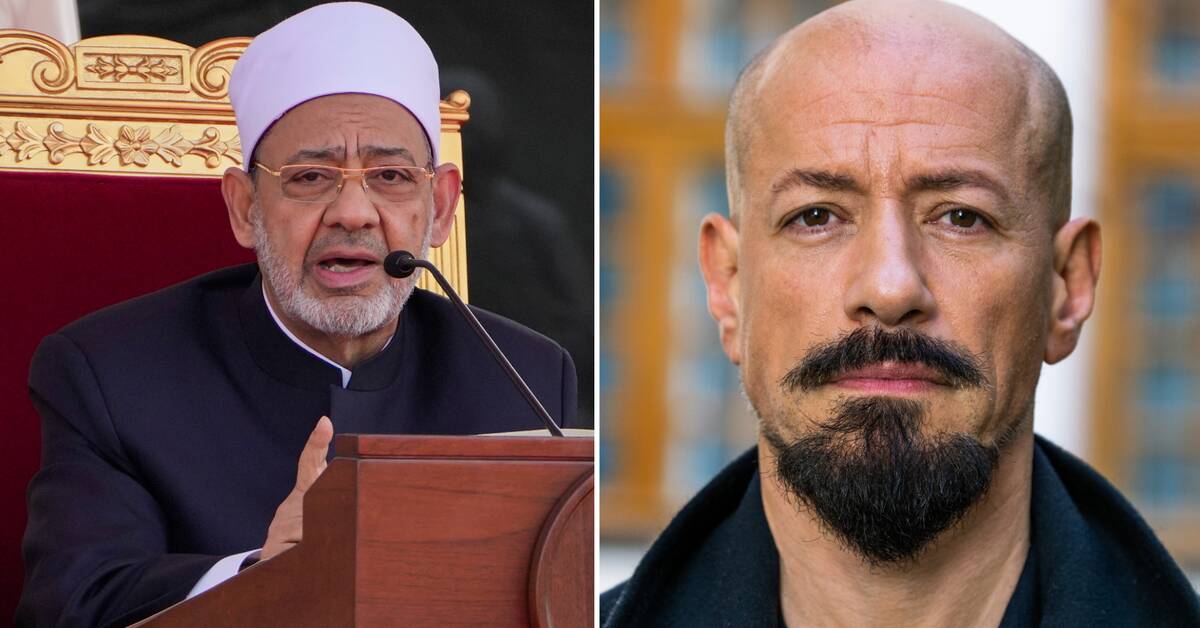The reactions to Rasmus Paludan's Koran burning outside the Turkish embassy over the weekend have been strong.
Among other things, Turkey has announced that it will not approve Sweden as a NATO member.
Now al-Azhar University in Cairo, the highest university and heaviest institution in Sunni Islam, is also calling for a boycott of Swedish goods.
Tarik Saleh's critically acclaimed "Boy from heaven" takes place at the university.
The director emphasizes that it is an institution with great influence, and that the boycott can have a great effect.
- The power is informal, but it (the university) is the highest authority in Sunni Islam that many Muslims listen to.
In the film, the viewer gets to follow Adam who receives a scholarship to al-Azhar but at the very beginning of his studies the grand imam dies, a position that Saleh likens to the Pope of Catholicism, which gives rise to a power struggle over who will replace him.
"Deplorable"
The director finds it sad that the current, real, Grand Imam Ahmed el-Tayeb takes drastic measures.
- I thought it was regrettable that they are calling for this boycott because the great imam is otherwise often a very sane and wise voice normally.
For example, he has tried to build bridges between Islam and Christianity, says Saleh.
Tarik Saleh's analysis of why the reactions to the Koran burning have been so strong is that in the Middle East there is an approach to holy scriptures that is not reflected in the West.
- Burning the Koran, or the Bible for that matter, is seen as a very aggressive act.
You have to understand that in the Middle East Muslims, Christians and Jews have lived very close to each other for thousands of years and there is like an unwritten rule that "you don't give in to each other's religions".

